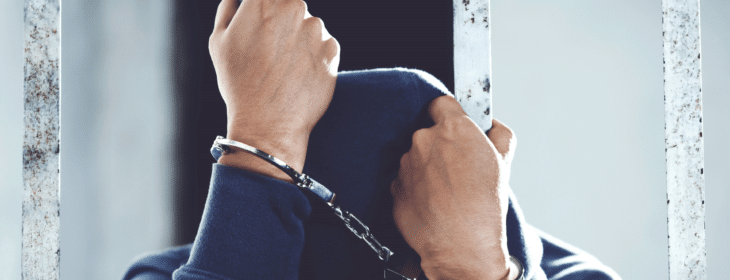
Chicago’s top civil rights attorney tells all—learn about four famous wrongful convictions in Chicago’s history, exposing the dark side of justice.
Throughout history, Chicago has been plagued by a series of notorious cases that shed light on the dark underbelly of the criminal justice system. These famous wrongful convictions are devastating miscarriages of justice that have profound consequences for the innocent people involved.
Here’s what you need to know about some of the most famous wrongful conviction cases to come through Chicago’s court system.
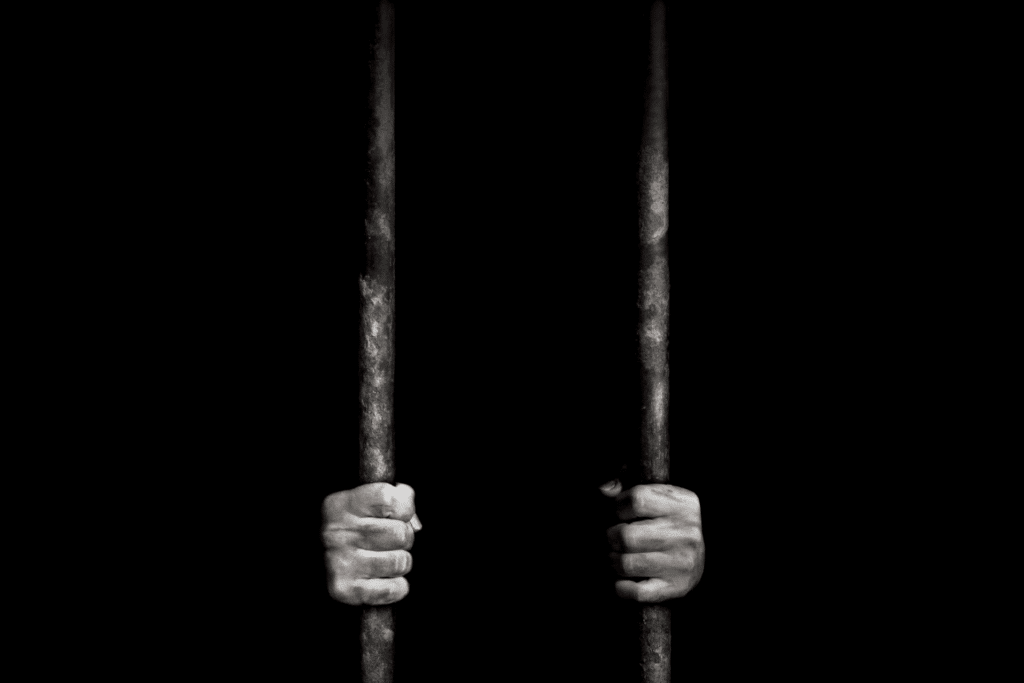
First, let’s clarify what constitutes a wrongful conviction. A wrongful conviction occurs when one of two things happens:
According to the Georgia Innocence Project, 4-6% of people incarcerated in US prisons are actually innocent. So the famous wrongful conviction cases I’m about to share are only scraping the tip of the iceberg.
These four famous wrongful conviction cases are some of the most notorious in Chicago’s history.
Andrew Wilson and his brother, Jackie Wilson, were convicted of the double murder of officers William Fahey and Richard O’Brien in 1982. The case would go on to expose years of rampant torture tactics used by the Chicago Police Department.
During their interrogations at the South Side Area 2 station, the Wilson brothers endured severe excessive force and torture under the supervision of police Commander Jon Burge. The savage interrogation tactics resulted in illegally obtained confessions, and the Wilsons were taken to Cook County jail.
Both Wilsons were tried, convicted of the crime, and sentenced to death. Andrew Wilson would later file a civil lawsuit to seek justice for the torture he endured.
Throughout Wilson’s civil litigation, an anonymous police source dubbed “Deep Badge” came forward to blow the whistle on Commander Burge and his heinous torture tactics.
Andrew Wilson’s first civil case ended in a hung jury, but a retrial acknowledged the brutal torture tactics used within the Chicago police department.
The Office of Professional Standards (OPS) reported that physical abuse “did occur and that it was systematic….The type of abuse described was not limited to the usual beating, but went into such esoteric areas as psychological techniques and planned torture.”
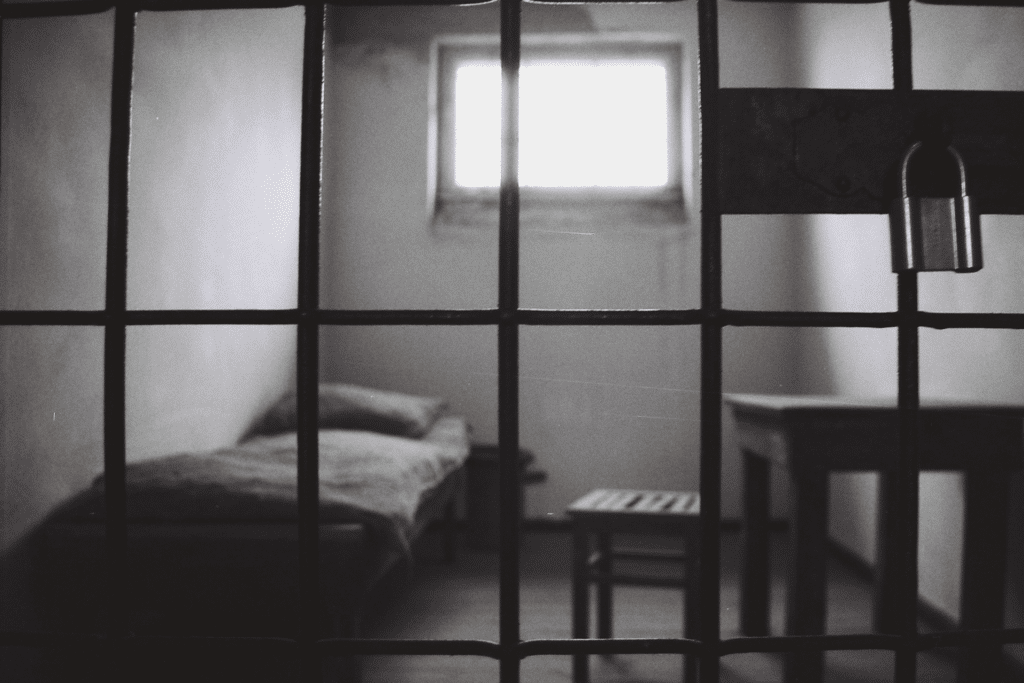
As Andrew Wilson pursued his civil case, ten other known Burge torture victims on Illinois’ death row also began seeking justice.
They became known as the Death Row 10.
In 2003, Illinois Governor George Ryan pardoned four of the Burge survivors on the basis of actual innocence.
He then declared the death penalty fatally flawed and converted the sentence of all prisoners on Illinois’ death row to a life sentence.
Wilson remained in prison to serve his life sentence for the slaying of the police officers and died of natural causes at Menard Correctional Center in 2007.
Jackie Wilson was declared innocent and released from prison in 2020 after serving more than three decades in prison.
The next of our famous wrongful conviction cases is tragic.
In the early morning of October 6, 1993, a tragic shooting occurred at a bus stop in Chicago, leading to the death of Antwane Douglas.
A witness at the scene initially failed to identify the perpetrators.
However, after a news article revealed his name and proximity to the crime, Meadors became fearful for his safety and agreed to cooperate with the police.
In exchange for protection, Meadors identified Jose Cruz as the gunman from a photo lineup.
There was no DNA evidence or forensic evidence linking Cruz to the crime. Based solely on this eyewitness testimony, Cruz was detained by police, convicted, and sentenced to 90 years in prison.
In 2018, a post-conviction petition filed by the Center on Wrongful Convictions raised serious concerns about the conduct of detectives involved, particularly retired detective Reynaldo Guevara.
The petition highlighted instances where witnesses were coerced into false statements, casting doubt on Cruz’s guilt.
In 2022, Cruz was freed on the basis of innocence after an agonizing 28 years behind bars.
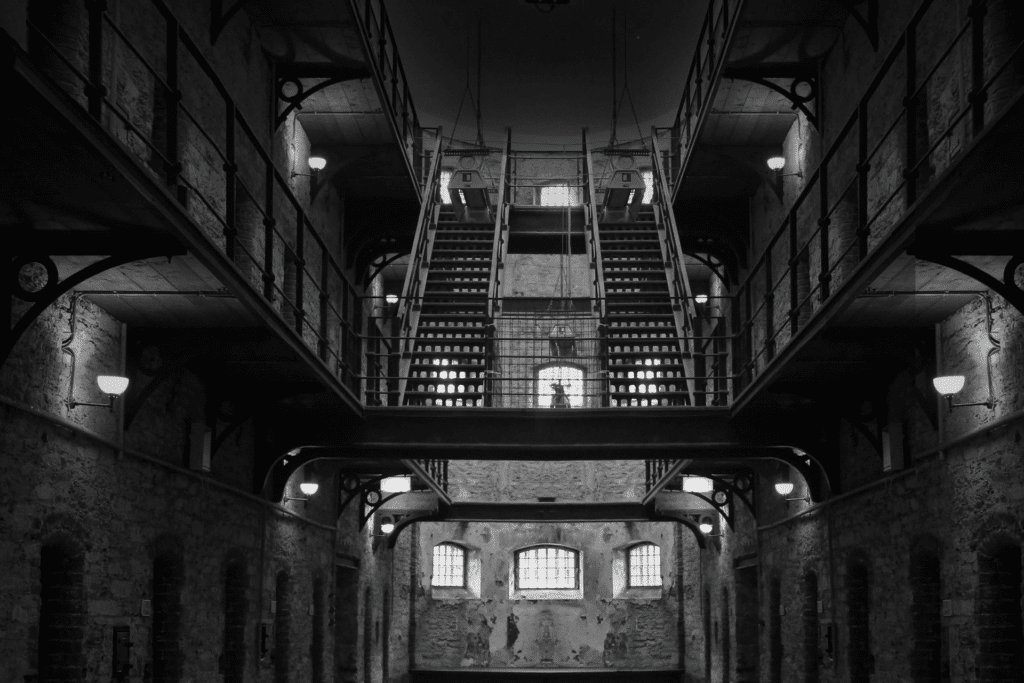
Cruz’s criminal defense attorneys and advocates for justice are determined to see accountability and continue their fight for the exoneration of other victims of Guevara’s questionable tactics.
As he begins his journey to clear his name, Cruz hopes to obtain a Certification of Innocence to finally end this harrowing chapter of his life and reclaim the future that was unjustly taken from him.
The brothers alleged that Chicago Police detectives working under Commander Jon Burge framed them and coerced false confessions through torture.
Multiple witnesses provided statements implicating Tyler and Henderson. However, some witnesses later recanted their statements, claiming they were given under duress and physical abuse by the detectives.
Tyler and Henderson maintained their innocence and presented alibi witnesses.
However, their defense teams failed to investigate and call crucial witnesses to support their alibis. Both were convicted of first-degree murder and received lengthy prison sentences.
Sean Tyler and his brother, Reginald Henderson, were accused of being involved in a crossfire between two Chicago street gangs in 1994. The gun violence resulted in the tragic fatal death of ten-year-old Rodney Collins.
Tyler filed a post-conviction petition claiming his arrest was retribution for his testimony in the previous case. The petition was initially dismissed but was later remanded for a hearing.
Henderson also filed a post-conviction petition, alleging ineffective assistance of counsel for failing to call alibi witnesses.
However, his petition was denied.
The breakthrough in their case came when an amended post-conviction petition was filed, presenting new evidence of police misconduct and coercion. The petition highlighted the abuse suffered by Tyler and Henderson during their interrogations and the recanted statements of witnesses.
The Cook County State’s Attorney’s Office reinvestigated the case, leading to the dismissal of their convictions and their eventual exoneration in September 2021.
The final one of our famous wrongful conviction cases is a doozy.
In July 1988, a tragic incident occurred in Chicago when the bodies of two women and three children were discovered in a burned home.
Ronald Kitchen and Marvin Reeves became suspects nine days later after an imprisoned informant claimed that Kitchen had confessed to the crime during phone calls.
Despite no telephone records supporting Williams’ claims, the police obtained permission to monitor future conversations between Williams and Kitchen.
Over several calls, no incriminating information was obtained.
Nevertheless, Kitchen was arrested and subjected to 16 hours of alleged abuse and torture, resulting in a coerced confession. In 1990, Kitchen was found guilty and sentenced to death.
Reeves was tried separately and convicted mainly based on Kitchen’s alleged admission.
However, revelations of systematic torture by Commander Jon Burge and his associates led to a reexamination of the case.
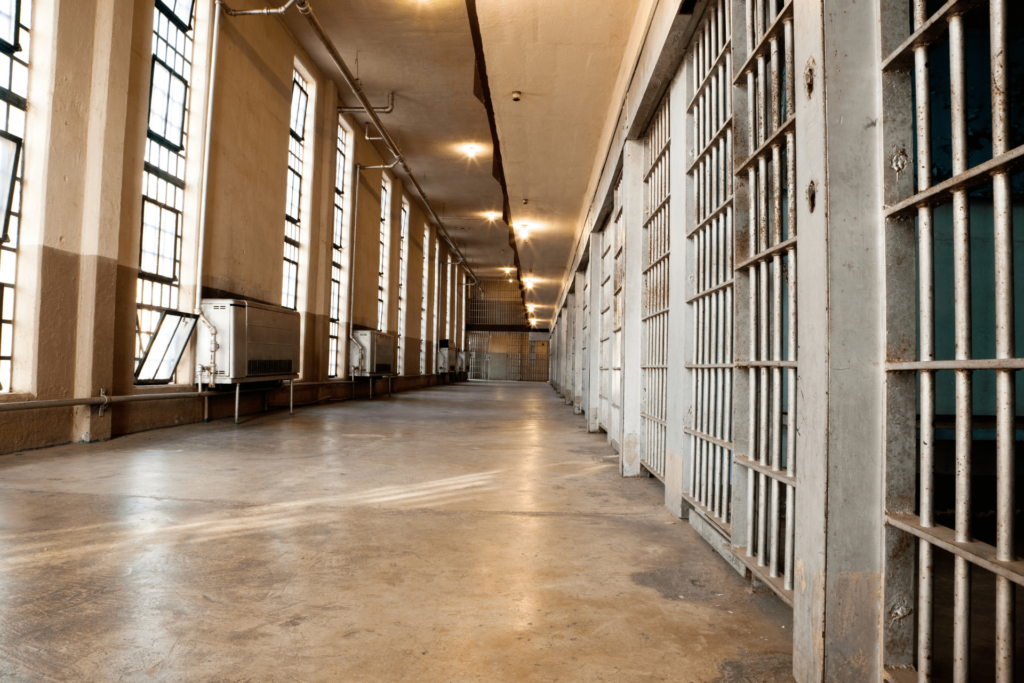
In 2009, the convictions were vacated, and all murder charges were dismissed against Kitchen and Reeves. They were granted certificates of innocence and received state compensation.
In 2013, the City of Chicago settled a lawsuit brought by Kitchen for $6.15 million, acknowledging the wrongful conviction.
Although the settlement marks a step towards justice, questions remain regarding the involvement of former Mayor Richard M. Daley, who refused to testify about his knowledge of the torture scandal.
The famous wrongful conviction cases we covered all happened because somewhere along the way, people in power made serious mistakes. And unfortunately, there are a lot of reasons why wrongful conviction might happen to anyone in the community.
Here are some of the most common ones.
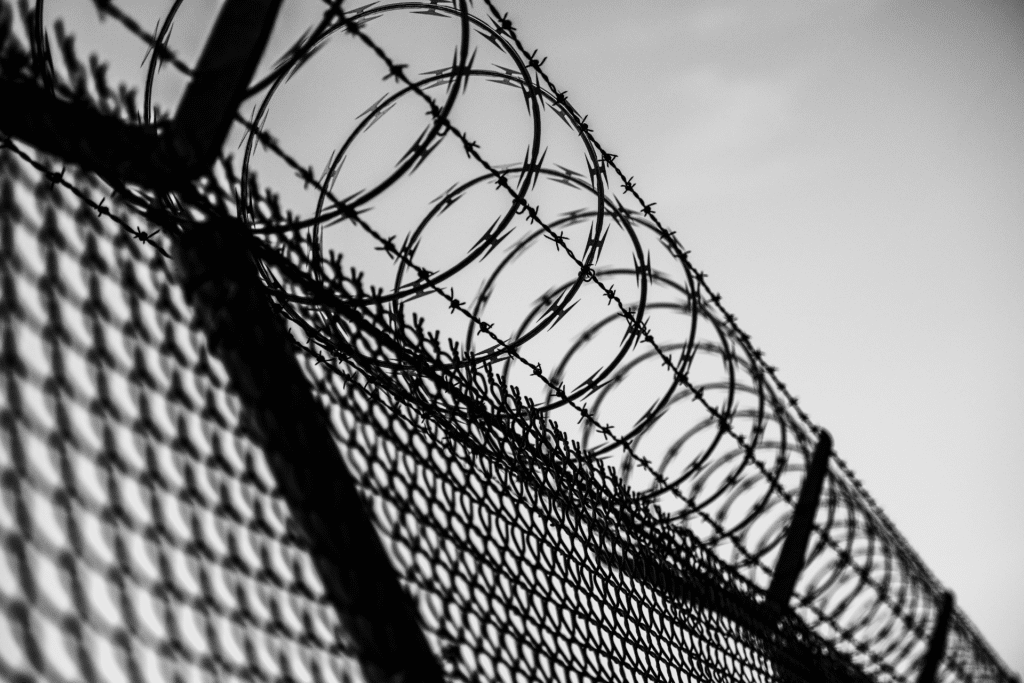
Eyewitnesses can misidentify a suspect due to factors like poor visibility, stress, or biased suggestions from law enforcement.
Innocent individuals may confess to crimes they did not commit due to coercion, psychological pressure, or mental impairment.
Defendants may receive inadequate legal representation due to overworked public defenders, lack of resources, or ineffective counsel, leading to unfair trials.
Critical evidence that could exonerate a defendant may be withheld, lost, mishandled, or not tested properly, contributing to a wrongful conviction.
Law enforcement officials may engage in misconduct, such as fabrication or planting of physical evidence, coercion of witnesses, or biased investigations, leading to the wrongful conviction of innocent individuals.
Learn more about police misconduct in Chicago.
Witnesses may provide false testimony or lie under oath, intentionally or unintentionally, leading to wrongful convictions.
Flawed forensic analysis, including faulty forensic techniques, unreliable expert testimony, or incorrect interpretations of evidence, can contribute to wrongful convictions.
Don’t let yourself follow in the footsteps of these famous wrongful conviction cases. If your rights have been violated, it’s crucial to consult with a civil rights attorney who can provide the most appropriate guidance based on the case’s specific circumstances.
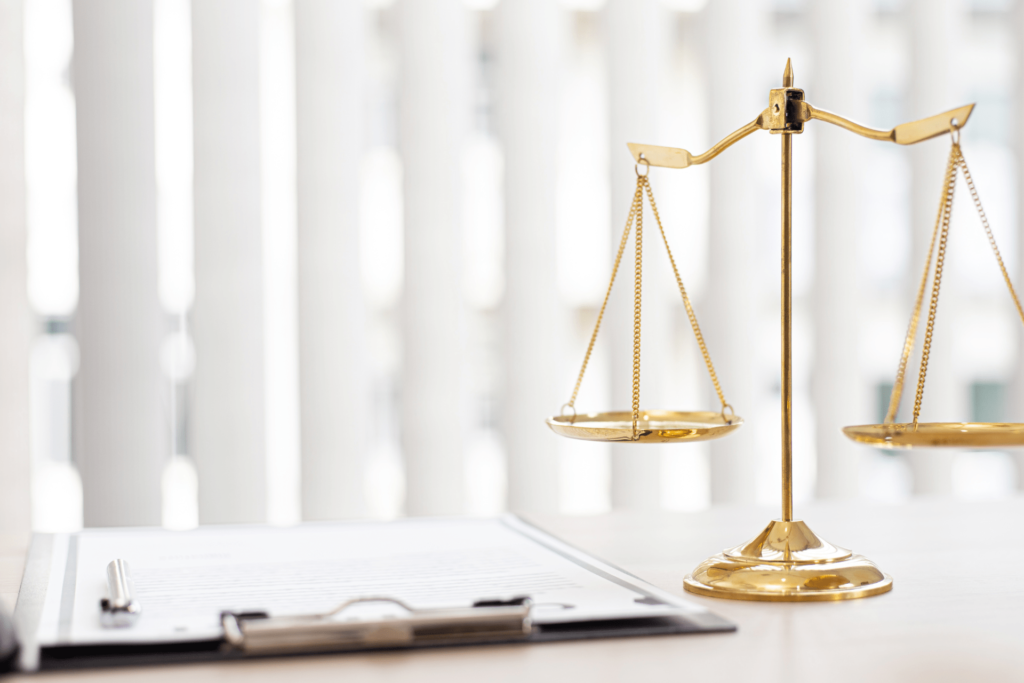
Jordan Marsh can help you explore options for re-investigation or file an appeal. This may involve presenting new evidence, challenging the original trial, or identifying errors or misconduct.
Reach out for a free consultation today and see how Jordan Marsh can help you get the justice you deserve.